Uncategorized
-
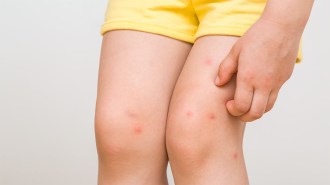 Neuroscience
NeuroscienceScratching an itch is so good, and so bad
The motion kicks off inflammation but may also combat harmful bacteria
-
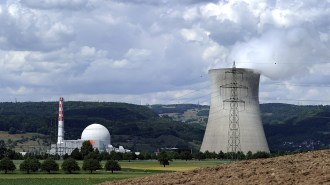 Particle Physics
Particle PhysicsA tiny neutrino detector scored big at a nuclear reactor
A compact method of detecting neutrinos provides new tests of physics theories and could lead to new reactor-monitoring methods.
-
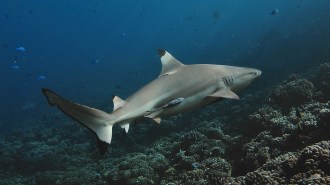 Animals
AnimalsFeeding sharks ‘junk food’ takes a toll on their health
Many blacktip reef sharks in French Polynesia are commonly fed by tourists. But the low-quality diet is changing the sharks’ behavior and physiology.
By Jake Buehler -
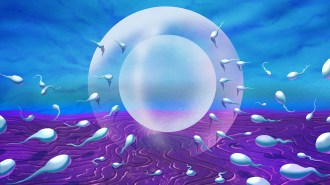 Health & Medicine
Health & MedicineBetter male birth control is on the horizon
Men have two birth control options: condoms and vasectomies. Why has it taken so long to develop more contraceptives?
-
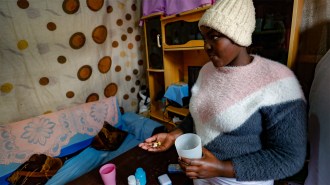 Science & Society
Science & SocietyTrump orders sow chaos in global public health
A recent flurry of executive orders and surprise actions by the Trump administration have roiled WHO, the CDC and the international public health community.
By Meghan Rosen -
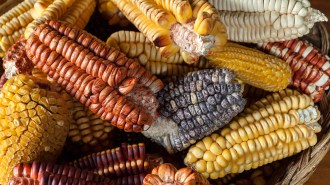 Archaeology
ArchaeologyHere’s how ancient Amazonians became master maize farmers
Casarabe people grew the nutritious crop year-round on savannas thanks to networks of drainage canals and ponds.
By Bruce Bower -
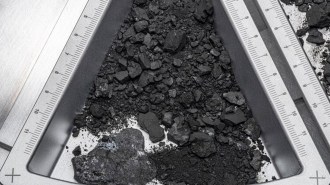 Space
SpaceLife’s ingredients have been found in samples from asteroid Bennu
Samples from NASA’s OSIRIS-REx mission show the asteroid Bennu had organic molecules and minerals and possibly salty water and other life ingredients.
By Adam Mann -
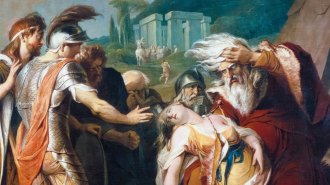 Health & Medicine
Health & MedicineCan you actually die of a broken heart?
Death by heartbreak doesn't just happen in stories. In real life, severe stress can cause the sometimes-fatal takotsubo syndrome.
-
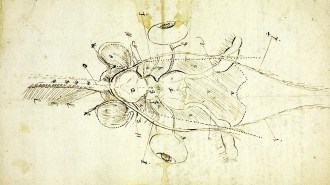 Life
LifeThis drawing is the oldest known sketch of an insect brain
Found in a roughly 350-year-old manuscript by Dutch biologist Johannes Swammerdam, the scientific illustration shows the brain of a honeybee drone.
-
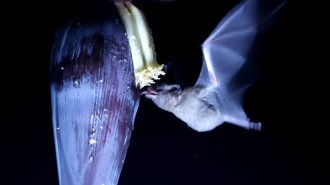 Animals
AnimalsChatty bats are more likely to take risks
Bats may broadcast their personalities to others from a distance, new experiments suggest, which could play into social dynamics within a colony.
-
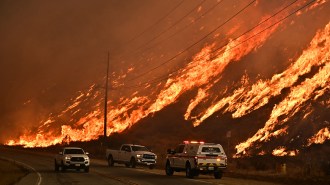 Climate
ClimateYes, you can blame climate change for the LA wildfires
Weather data show how humankind’s burning of fossil fuels made the hot, dry, windy weather more likely, setting the stage for the Los Angeles wildfires.
By Nikk Ogasa -
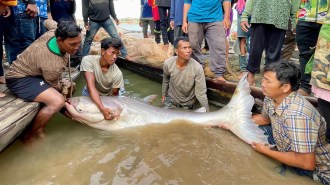 Ecosystems
EcosystemsLike flyways for birds, we need to map swimways for fish
Mapping fish migration routes and identifying threats is crucial to protecting freshwater species and their habitats, ecologists argue.